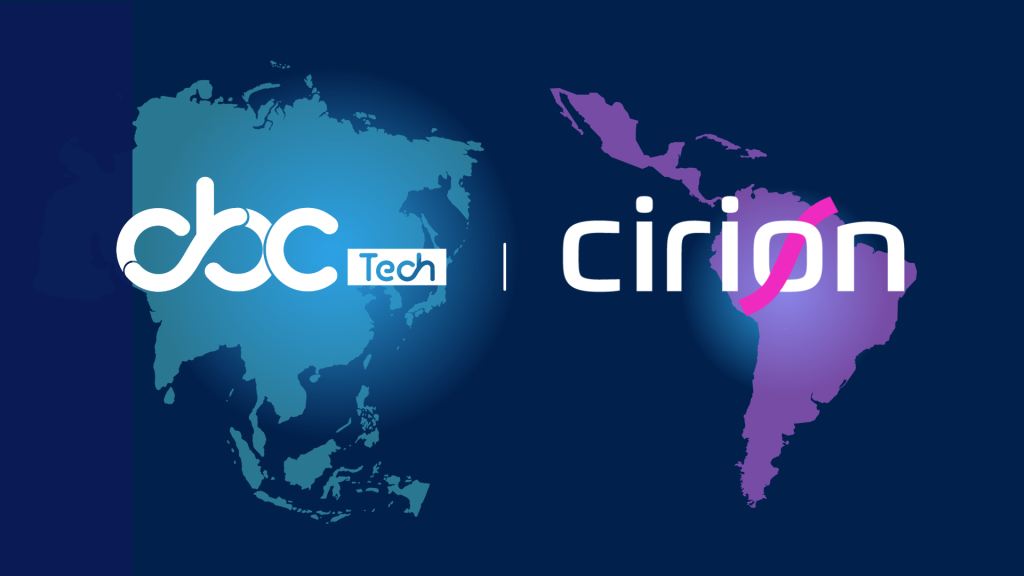In companies’ digital transformation processes, the cloud is a very important tool, as it allows them to be adaptable, scalable, and resilient.
According to the IDC study FutureScape: Global IT Industry 2002 – Forecasts and Implications in Latin America, it is estimated that by 2023, 80% of companies will use cloud-related services. This growth is leveraged by the interest companies have developed around cloud utility to handle large volumes of data and manage applications that are critical to the business.
Considering the increasing demand for data generation, cloud applications, and companies’ current demands, Felipe Gómez, Director of Data Center, Security and Cloud at Cirion Technologies for the Andean region, shares some basic concepts about the cloud, its features and the advantages offered to companies according to their needs.
The cloud is an enormous network of global connected remote servers working as a single ecosystem. It enables data storage and management, as well as the execution of applications and delivering content or services (email, social networks, streaming, etc.). This means that users can access this data, information and services from any device with an internet access.
“Deciding to use the cloud gives companies greater agility, security, and dynamism in their operations. There are three options for implementing cloud usage in corporate management: the public cloud, the private cloud, and the hybrid cloud”, adds Gómez.
Public cloud, the fastest
Selecting a public, private or hybrid cloud is determined according to the company’s needs and forecasts.
Public clouds are the most common type of implementation of cloud computing; the web features (such as servers or storage) belong to a service provider, which manages and offers them through the Internet. AWS (Amazon Web Services), Microsoft- Azure, and Google Cloud are a few examples of public cloud providers.
One of the main advantages of the public cloud is its ability to scale quickly, enabling a faster implementation of environments. The costs depend on the type of servers or peripherals required.
Private cloud: greater security and availability, and lower latency
This type of cloud offers a greater level of security and control than those of the public cloud because the services offered aren’t always shared and remain available to the user through an internal private network hosted in a local environment. The private cloud is closer to the end customers’ applications and gives them the capacity to obtain lower latency and better performance. The private cloud will always be an alternative for its stable costs in relation to the contract period.
It is ideal to access applications’ services such as SAP or application virtualization, call center platforms or unified communications.
Many companies also feel more comfortable with a private cloud, as they have local support in Spanish, which represents an important differential for many IT Directors.
For most, the future is hybrid
The adoption of cloud solutions brings organizations closer to the latest digital technologies and facilitates the development of innovative projects to achieve business objectives.
To have a proprietary technological structure or just a private cloud, or to migrate the entire business to the public cloud are options that are becoming increasingly less contemplated by companies. Operating with a mix of both clouds (public and private) will be the alternative adopted in the coming years; this is called hybrid cloud, clarifies Gómez.
Many organization decided to have their productive environments in private clouds and their development environments in public clouds, because this type of scheme can offer greater security and speed and lower latency for critical applications.
The IT infrastructure is becoming increasingly complex and companies must look for a scalable data management solution in order to remain afloat. This type of data management in the cloud has become the solution of choice for many companies. This is because companies are broadly adopting the cloud (public, private or hybrid) because it offers cost-savings, data availability, flexibility, scalability and many other advantages.
According to the study “Cloud Computing Survey 2022”, almost three fourths (72%) of those responsible for IT decision making say that their organization is adopting cloud-based services when acquiring new technical capabilities.
Information security is a priority for companies
Any cloud migration process requires a decision from management, but also employee training and the support of experts to achieve an appropriate security governance.
Whatever the choice for companies, when this task is trusted to specialists, they can obtain a correct scaling of needs and an efficient migration. Cirion Technologies centers its efforts in offering companies a solution that can be adjusted to their expectations and guarantee increased security when managing business-critical information.










